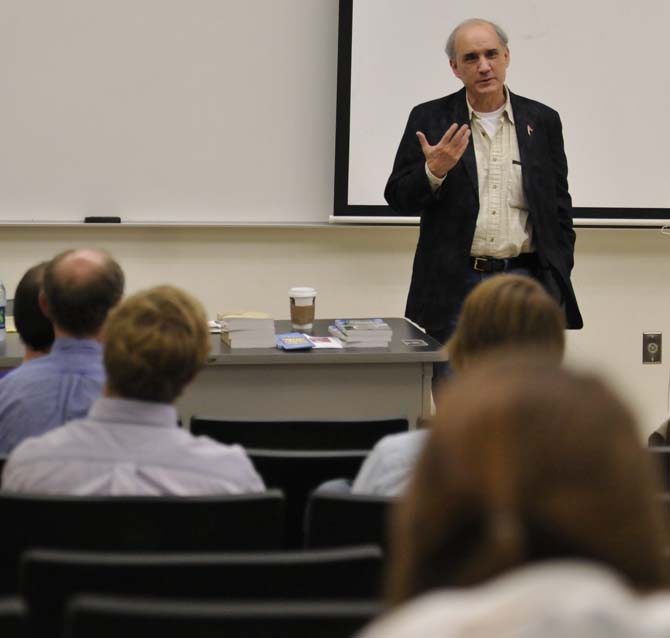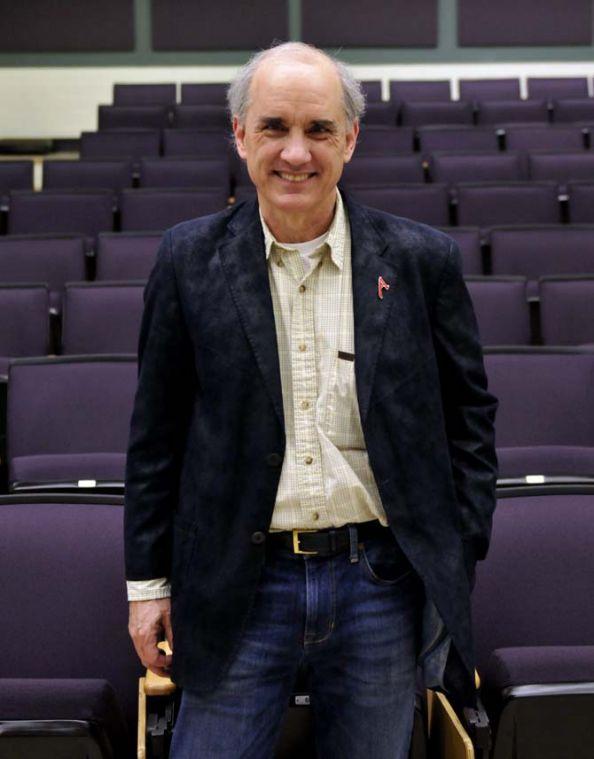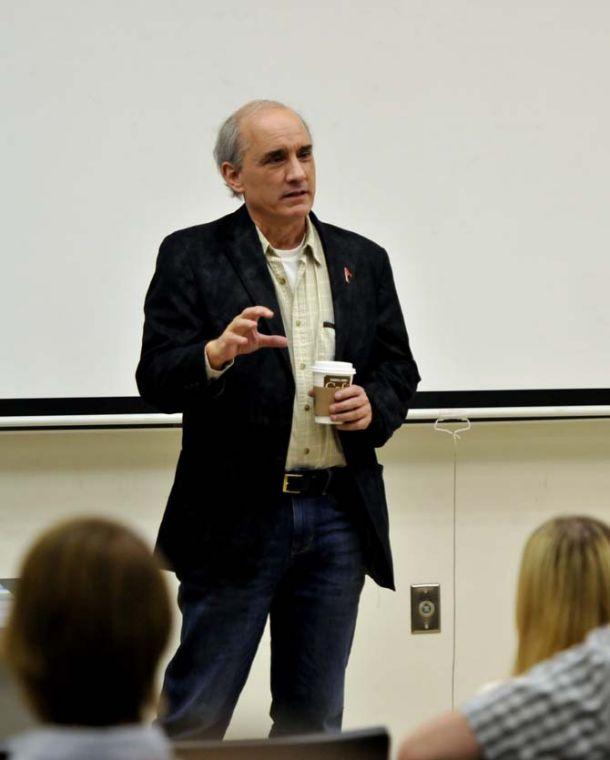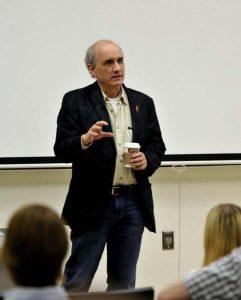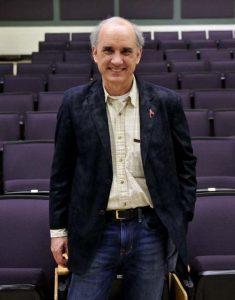With the start of the Lenten season, many Christians are preparing to celebrate what they believe was Jesus’ resurrection from the dead. According to former evangelical preacher and current atheist activist Dan Barker, who visited campus Thursday night, Jesus probably never existed and firsthand accounts of his resurrection were most likely hallucinations or exaggerations.
Barker told a group of about 30 at the “Did Jesus Really Rise from the Dead?” event, hosted by the University’s Atheists, Humanists and Agnostics club Thursday night, that four key lines of criticism should be taken when answering whether Jesus actually rose from the dead. Barker, who became an evangelist at the age of 15 and preached for 19 years, said his switch to atheism was a gradual process that took four or five years and culminated in publicly announcing his lack of faith on The Oprah Winfrey Show in 1984.
The first criticism is the philosophical and historical objection, which Barker said does not rule out miracles, but cannot address them.
“The miracle may have happened, but history is the wrong tool for knowing that,” Barker said.
After the historical method, Barker said the next step is to seek out naturalistic explanations for Jesus’ resurrection.
He referenced theories that Jesus never actually died and was just passed out or that those who claimed to witness his resurrection were hallucinating, but he said most naturalistic attempts to explain it give too much credit to the text.
The third critical method Barker mentioned involved internal discrepancies in the story that make it impossible to believe.
Barker said the New Testament’s different accounts of Jesus’ resurrection by his followers don’t add up to the same narrative, noting differences in the descriptions of the time, those who were present and various other elements.
“The internal contradictions don’t disprove the resurrection, they just severely damage the credibility of the documents,” he said.
Barker said the final and “most powerful” tool is to seek out the evidence of legend in the story.
“With Christianity, either a real event or an exaggerated event happened,” Barker said.
Barker is the current co-president of the Freedom from Religion Foundation, an organization whose primary goal he said is to ensure the separation of church and state across the country.
According to Barker, about 30 percent of people under the age of 30 are nonreligious, a statistic he called “huge.”
“Do your own thinking,” Barker said. “Don’t let a pope or a preacher or a missionary or a parent or a teacher tell you what you must think.”
Political science and communication studies senior Kyle Aycock said Barker’s written work led to his full conversion from agnosticism to atheism.
Psychology sophomore Athena Lietzau said although she hasn’t read any of Barker’s books, she has seen some of his debates and thinks his arguments are well-thought-out.
Barker said students who are questioning their faith should remember they are not alone, and even though it may be difficult right now, a light is at the end of the tunnel.


